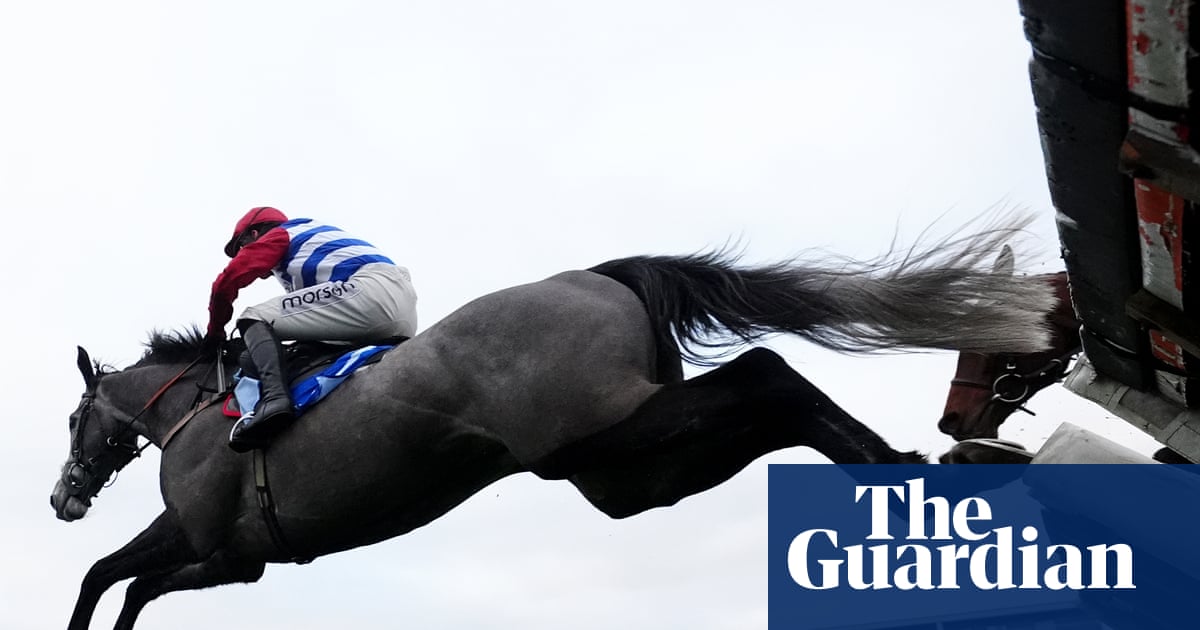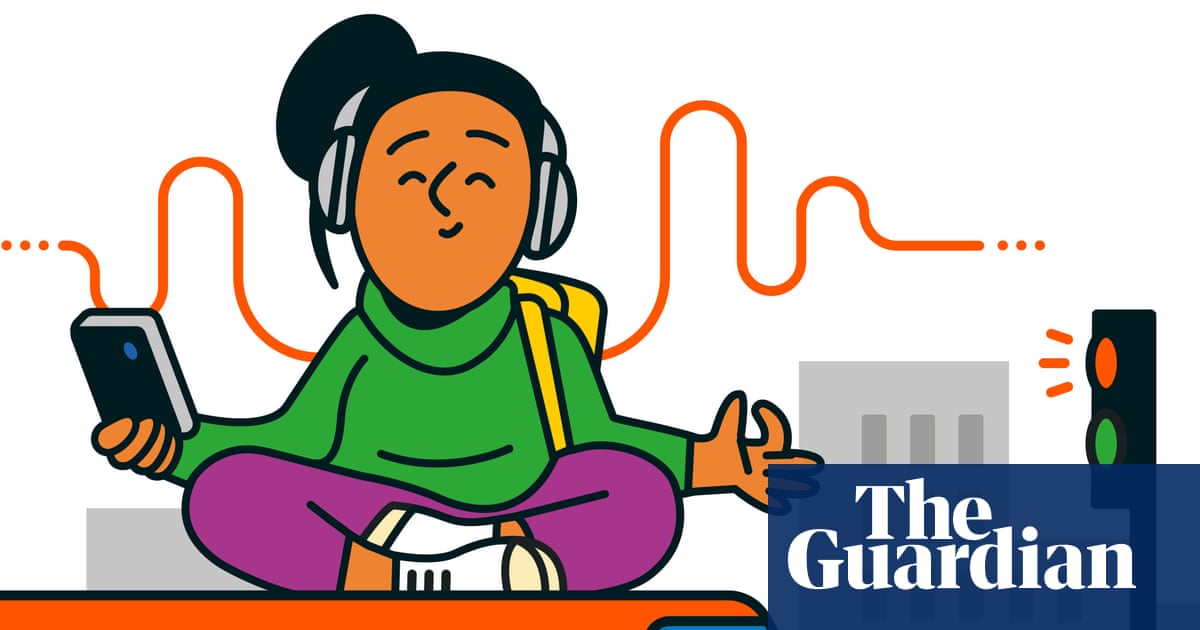It is bizarre to learn that, despite a career spent desperately trying to fill the dancefloor, reading the room night after night to predict how he might make it pop off, Mark Ronson never dances – “unless you count standing around, bobbing my head, and reciting rap lyrics as dancing”.
Night People is intended as Ronson’s memoir but is as much an attempt to immortalise the people and scenes he came up in as it is a reflection on a childhood shaped by the late-night parties hosted by his parents – first in London, where a distant memory of Robin Williams tucking him in to bed with “Nanu nanu” floats through, then later in Manhattan, when his mother marries Mick Jones from Foreigner.
By his own, self-aware account, Ronson has led a gilded life. Elite schools (Collegiate, Vassar, NYU); sleepovers with Sean Lennon and a cast of New York’s nepo who’s who; hanging out with Michael Jackson; the abundant creative freedom gifted by the safety net of generational wealth. It would be enough to make many readers roll their eyes before turning a single page. Their loss.
Ronson’s talent as a writer enables him to render this privilege, the background glamour, his awkward stumbles as well as successes, with a kind of wry, soft self-deprecation that is genuinely endearing. It helps, of course, that he is a massive nerd. “I had the rhythm to play the music, but not the confidence to let go,” he writes in that throwaway line about dancing. It’s both deeply revealing and hard to get your head around. Ronson would rather spend paragraphs enthusing about the thickness of slipmats required for a specific DJ setup than he would recalling the wild-eyed buzz generated at an afterparty close to dawn. On balance, this is a good thing. There is more than enough bad writing on hedonism in the world. I’ll take the earnest, qualitative review of turntable cartridges.
In Night People, the debauchery – of the best and worst kind – is alluded to rather than gratuitously revelled in. There are passing references to taking heroin (wait, what?) and late nights dieting on a menu of uppers and vodka cranberry, but without the detail that could tip into cliche. Instead, Ronson is faithfully reverent to the many people who helped a gawky Jewish, London-born hip-hop fan from the Upper West Side to become synonymous with the 90s celebrity-model party scene. It’s not an era of New York nightlife that has been particularly eulogised. Understandable, given it was preceded by the white-hot energy of the 70s and 80s and, I suppose, because it’s difficult to romanticise a period during which dancefloors began to give way to velvet-roped club lounges, bottle service and a scene built around being seen.
Still, Ronson gives it a great shot. The impact of mayor Rudy Giuliani’s crackdown on crime and clean up of the city is told through the lens of its night-dwellers. The east coast-west coast hip-hop rivalry is documented through the many characters that kept the city hyped. It’s not supposed to be a definitive history of 90s club culture, though Ronson interviewed dozens of friends, DJs, bouncers, promoters and clubbers to help piece together his memories. But it’s a vivid social and cultural snapshot.
The one-man hit factory, the force who famously drove Amy Winehouse to create her best work, the mega producer who just celebrated his 50th birthday – none of that is here, of course. At the centre of this book is a Ronson much closer to the teenage crate-digger whose mum bought him his first Technics turntables and who blagged his way to the booth. It shouldn’t be as compelling as it is, but for the accompanying soundtrack of deep cuts alone, Night People is well worth a spin.
after newsletter promotion

 3 months ago
56
3 months ago
56

















































